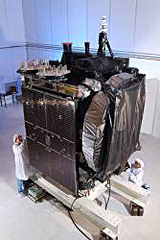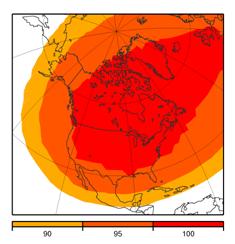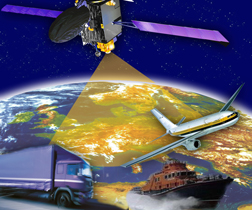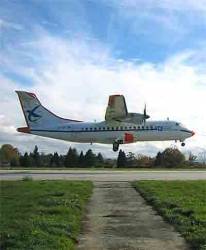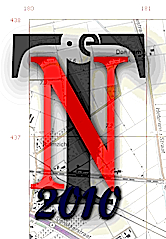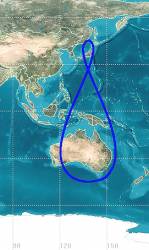GAGAN Delayed Again
 ISRO GSAT-4 satellite
ISRO GSAT-4 satelliteIndia’s first GPS/SBAS payload, the GAGAN (GPS-Aided Geo-Augmented Navigation system) transmitter on the GSAT-4 geostationary satellite, disappeared into the Bay of Bengal on April 15 when its ill-fated GSLV-D3 launch vehicle veered off course.
The Indian Space Research Organization’s GSAT-4 satellite carried a communication payload of multi-beam Ka-band pipe and regenerative transponder and a navigation payload in C, L1 and L5 bands.
A key part of India’s GPS augmentation plan, the failure will further delay civil aviation modernization.
By Inside GNSS
